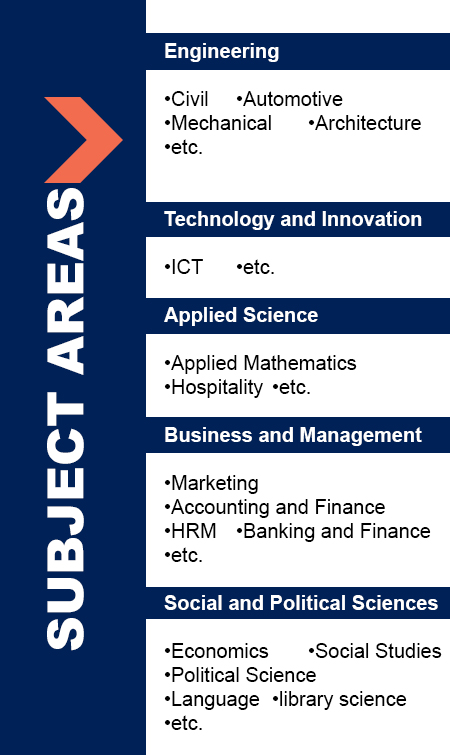Effects of Energy Storage Systems on Fuel Economy of Hybrid-Electric Vehicles
DOI:
https://doi.org/10.47127/ijtmr.v1i5.39Abstract
Three energy storage systems, namely Nickel Zinc, Nickel Metal Hydride and Lithium ion batteries were simulated on ADVISOR (Advanced vehicle simulator) to determine their impact on fuel economy. ADVISOR, a drivetrain analysis tool developed in MATLAB/Simulink for comparing fuel economy and emissions performance and designed by the National Renewable Energy Laboratory by Ford, GM, and Chrysler was used for the simulations. In choosing the batteries for simulations, only the latest technological advanced batteries of NiZn, Li ion and NiMH were used. The results showed that NiZn battery influence in fuel economy and system efficiency far exceeds the other batteries especially for the combined Powertrain. While a lithium ion battery is seen to be well suited for Parallel and Series powertrains at higher speeds, average values for all drive cycle singles out NiZn as a better performing battery. NiMH showed the worst performance. This confirms NiMH, which is the predominant energy storage system today in the HEV industry, is deficient in advancing the growth of HEV’s.
Keywords: power trains; hybrid energy storage; hybrid electric vehicle; combined hybrid; parallel hybrid








